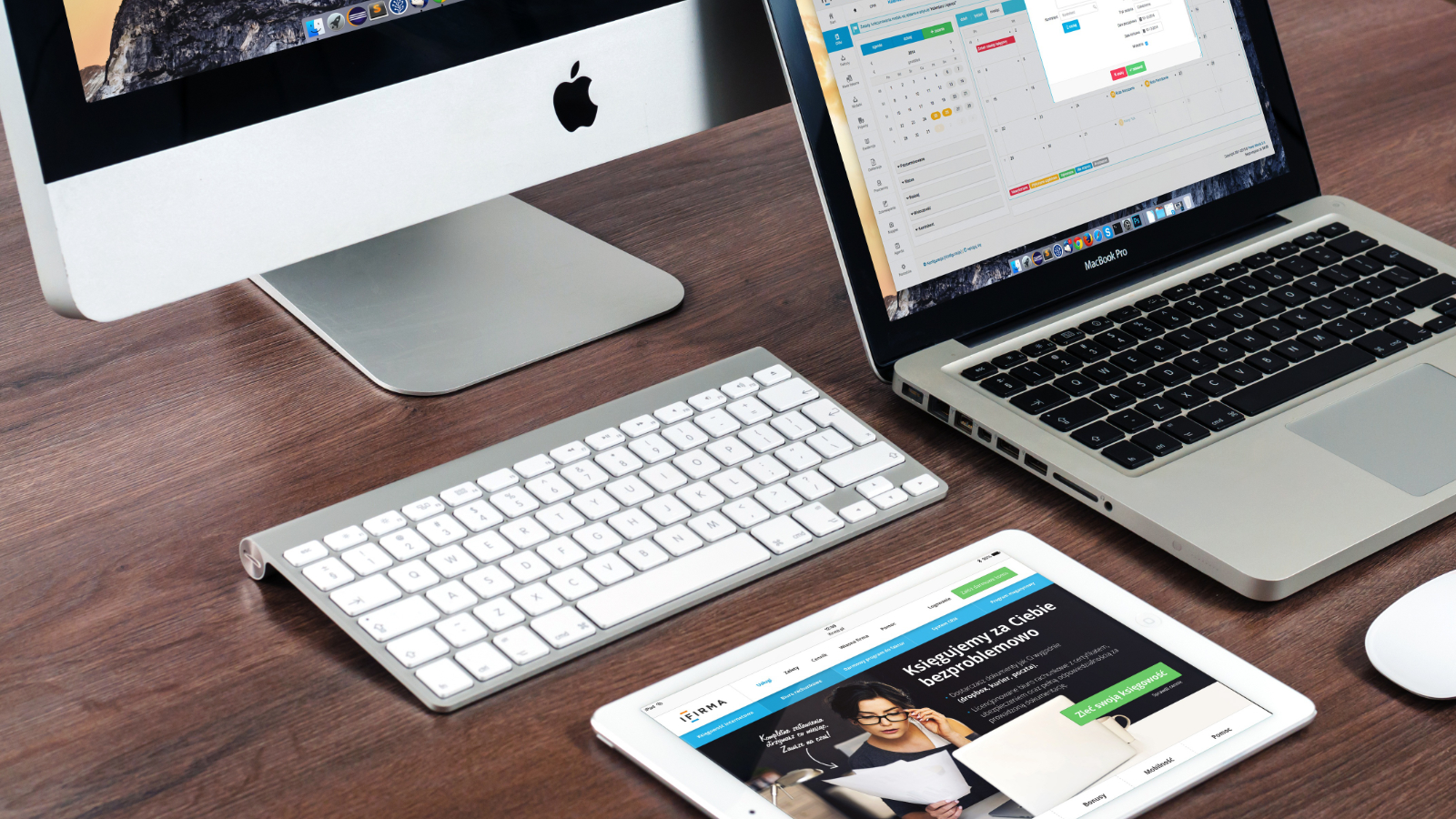Choosing new accounting software can seem like a daunting prospect. With so many different packages now on the market, finding out which product is right for your business can be difficult and time-consuming. Here, we run you through some of the main considerations you should take into account to find accounting software, which not only suits your needs, but will also make running your business easier and more efficient.
What do you want your accounting software to do?
This is the most important question to ask yourself when selecting an appropriate accounting software package. Try breaking down the process into the following steps:
Determine your budget
Traditionally, accounting software packages have a one-off purchase price, plus annual licence and upgrade fees. But increasingly, especially with online systems, pricing is based on a regular monthly or quarterly subscription fee. Be wary of cheaper options. What seems like a budget-friendly decision now may turn out to be a hindrance to expansion, and it can be costly to upgrade later. In the worst cases, you may find that your software package does not offer a sufficient level of compliance. Investing in the right software from the outset should pay dividends in the long run.
Determine the level of complexity required
- Basic systems can replace a spreadsheet or cash book
- More sophisticated ledger-based systems can produce quotes, VAT returns, and monthly accounts.
- Highly sophisticated systems can also handle stock control and job costing, and can integrate with a web site
Think about how you plan for your business to grow in the next 12-18 months. Making the right choice of software now will enable your business to handle these changes further down the line.
Choose between online and in-house systems
Desktop accounting software has advantages in terms of data security, but its popularity is waning. Online cloud accounting packages are generally best for small businesses. In-house server-based software is more suitable for larger companies.
Consider your detailed business requirements
Listing your essential requirements can help narrow down your choice of options. Consider for example:
- What is your computer operating system?
- How many users require concurrent access?
- What volume of transactions will you be processing?
- Do you need to export data to other packages?
- Do you need to access the system off-site?
Consider your specialist processing requirements.
These will depend on the nature of your business and may include:
- Deposits/subscriptions/donations
- Loans, grants, mortgages, HP agreements
- Direct debits/standing orders
- Foreign currency customers and suppliers
Remember, if your business trades outside of the UK, you will need to capture this data separately to ensure the VAT rules are being followed correctly. The flexibility of software varies. Many systems are available with add-ons or modules, or you may be able to tailor the interface to your specific needs. There may be tailor-made systems available for your specialist market sector. Talk to your accountant and trade association as they will be able to offer information and advice.
Have you covered the legal essentials?
It is essential for all businesses to consider compliance and security:
- Ensure that your package offers a full audit trail.
- The system must produce information in a format that is acceptable to both you and your accountant.
- Choose a system that enables you to keep records as long as required.
- Are you confident that the system provides adequate security to prevent unauthorised access?
How and when will you implement the new system?
The potential users of the system should be involved in the final choice of package. Want to try before you buy? Visit a similar business using the software, or order a trial copy. Make sure that both your staff and your accountant are happy with your selection. Even experienced staff will need training to get the most out of the new package. We can help you with this.
And don’t forget, if you are changing software, it is important not to stop paying a subscription of cloud based software until you have transferred all the balances on to your new software and downloaded any required reports for year-end accounts preparation. Downloading a full audit trail should also be done in case of future queries. Often the replacement software will offer a conversion service for you. It is also important to choose a convenient time to start using new software. Consult your accounts staff and discuss your needs with us. We will do our best to simplify this transition process for you.
The team at CB Reid are able to help with every stage of this process, from accountancy software selection through to training and implementation. Please get in touch to find out more.
DISCLAIMER: This information is for guidance only, and professional advice should be obtained before acting on any information contained herein. We will not accept any responsibility for loss to any person as a result of action taken or refrained from in consequence of the contents of this publication.

